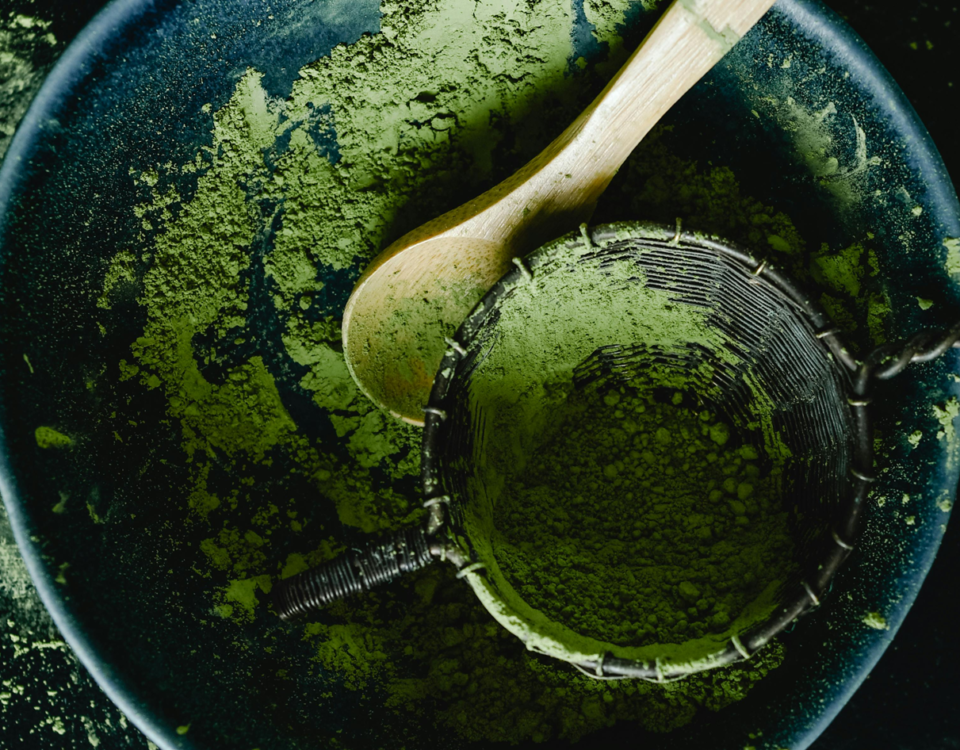10 Foods to Eat to Lower Cortisol Levels
Stress is an inevitable part of life, but chronic stress can lead to elevated cortisol levels.
What is cortisol?
Cortisol is often called the “stress hormone” because it plays a key role in how your body responds to stress. Produced by the adrenal glands (located on top of your kidneys), cortisol helps regulate:
- Metabolism (how your body uses food for energy)
- Blood sugar levels
- Inflammation
- Blood pressure
- Sleep-wake cycle (circadian rhythm)
- Memory and focus
How Does Cortisol Work?
Cortisol follows a natural daily rhythm:
- Highest in the morning (helps you wake up and feel alert)
- Gradually decreases throughout the day
- Lowest at night (allows for restful sleep)
However, chronic stress—whether from work, poor sleep, or emotional strain—can disrupt this balance, leading to high cortisol levels.
Signs of High Cortisol
- Weight gain (especially around the belly)
- Fatigue, even after sleeping
- Anxiety or irritability
- Trouble falling or staying asleep
- Weakened immune system (frequent colds)
- High blood pressure
- Sugar cravings
What Causes High Cortisol?
- Chronic stress (work, relationships, financial worries)
- Poor sleep habits
- Overexercising (especially long cardio sessions)
- Caffeine overload (especially late in the day)
- Inflammatory diet (high sugar, processed foods)
Can Cortisol Be Too Low?
Yes! Low cortisol (often due to adrenal fatigue or Addison’s disease) can cause:
- Extreme tiredness
- Dizziness
- Muscle weakness
- Low blood pressure
The good news? Certain foods can help regulate cortisol and promote relaxation.
Here are 10 science-backed foods that help lower cortisol levels naturally:
- Dark Chocolate (85% Cocoa or Higher)
Dark chocolate is rich in antioxidants and flavonoids that reduce inflammation and lower cortisol. A small square (about 1 oz) can help curb stress-induced cortisol spikes. - Fatty Fish (Salmon, Mackerel, Sardines)
Omega-3 fatty acids in fatty fish reduce inflammation and cortisol production. Aim for at least two servings per week for optimal benefits. - Avocados
Packed with healthy fats, fiber, and B vitamins, avocados help stabilize blood sugar and reduce stress-related cortisol surges. - Green Tea (Especially Matcha)
L-theanine, an amino acid in green tea, promotes relaxation without drowsiness. Matcha, a powdered form, has higher concentrations of stress-reducing compounds. - Berries (Blueberries, Strawberries, Raspberries)
Berries are loaded with vitamin C and antioxidants that combat oxidative stress and lower cortisol. - Nuts and Seeds (Almonds, Walnuts, Pumpkin Seeds)
These are high in magnesium, which helps regulate cortisol and promote relaxation. Pumpkin seeds also contain zinc, which supports adrenal health. - Fermented Foods (Yogurt, Kimchi, Sauerkraut)
Probiotics in fermented foods improve gut health, which is linked to lower cortisol levels and better stress management. - Leafy Greens (Spinach, Kale, Swiss Chard)
Magnesium-rich greens help relax muscles and reduce cortisol. They’re also high in folate, which supports neurotransmitter function. - Oats
Complex carbs in oats boost serotonin (the “feel-good” hormone) and help regulate cortisol. A warm bowl of oatmeal can be a great stress-relieving breakfast. - Turmeric
Curcumin, the active compound in turmeric, has anti-inflammatory effects that help lower cortisol. Try adding it to soups, smoothies, or golden milk.
Bonus Tips to Reduce Cortisol Naturally
- Stay hydrated (dehydration increases cortisol)
- Prioritize sleep (7-9 hours per night)
- Practice deep breathing or meditation
- Exercise regularly (but avoid overtraining)










